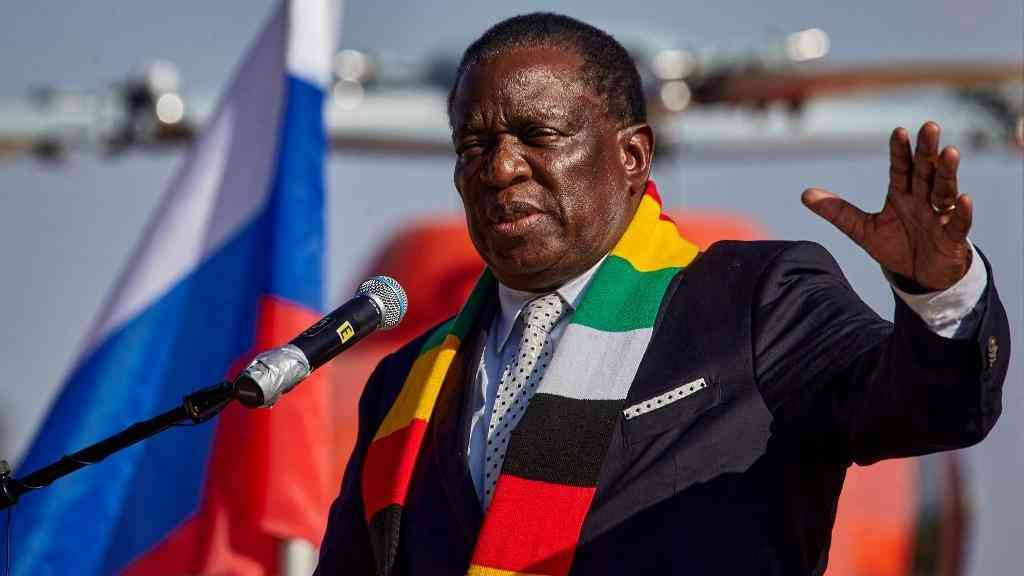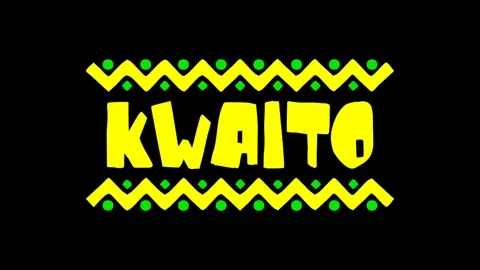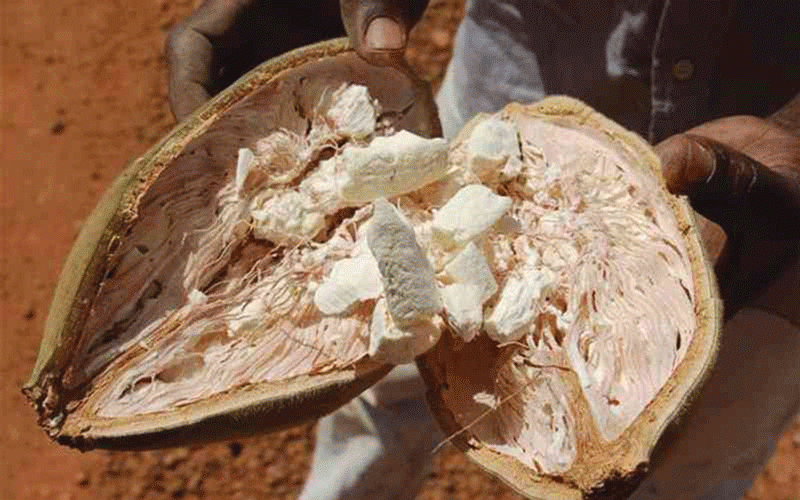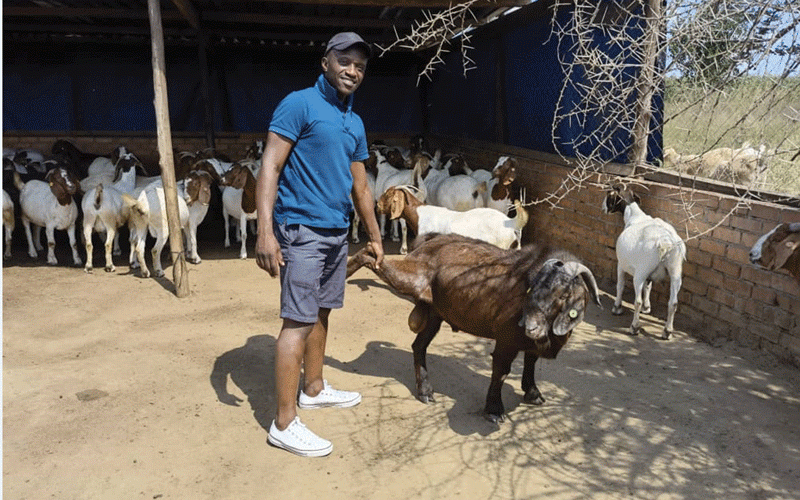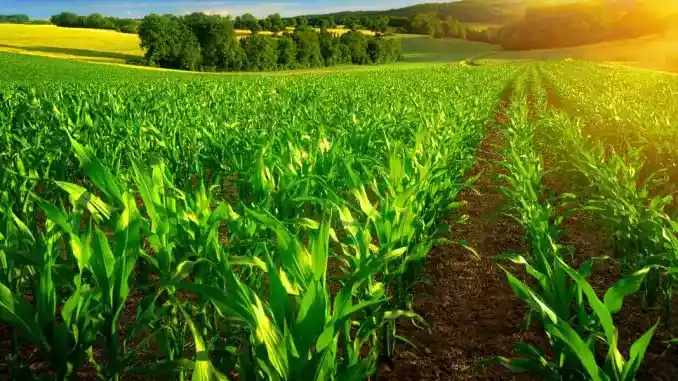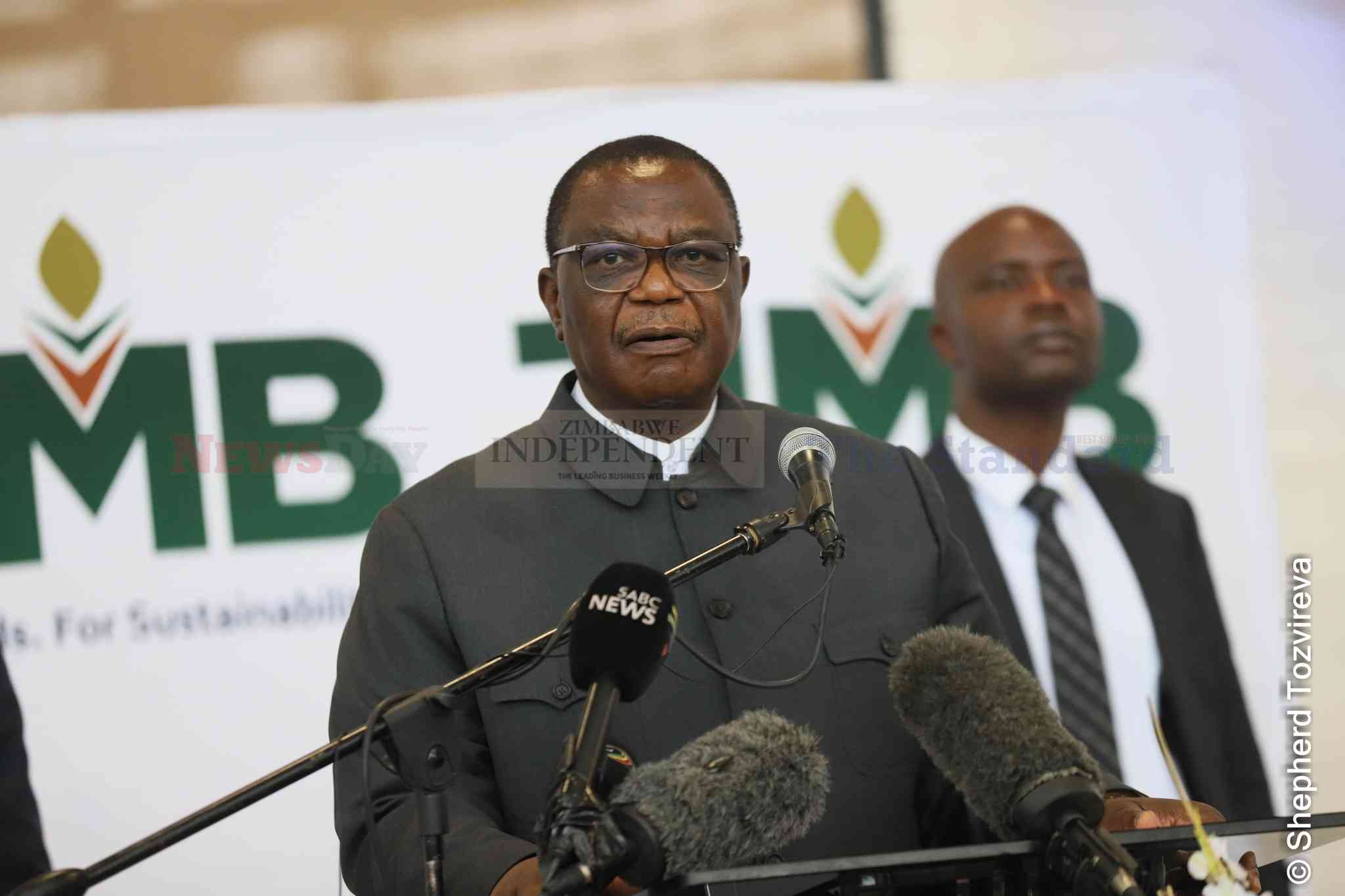
GOVERNMENT has encouraged the Tobacco Industry and Marketing Board (Timb) to promote fairness and openness in the marketing of the golden leaf.
Over the years, farmers have been struggling to get back to the field as they fail to realise the value of their investments due to low prices and corruption within the tobacco floors.
In his remarks at the official opening of the 2023/24 tobacco marketing season in Harare yesterday, Vice President Constantino Chiwenga said it was important that all stakeholders get value for their investments.
"Let me beseech Timb to ensure fairness and transparency in tobacco marketing and that all stakeholders receive fair value from their investment,” he said.
Chiwenga urged the farmers to grow tobacco in a manner that is sustainable and protects the environment.
“Let us all do that so that we are eco-friendly, we keep our environment for us now and for the future generations.”
The tobacco marketing season, which commenced yesterday, saw the first bale fetching US$4,92 per kilogramme compared to US$4,35 last season.
Chiwenga said it was important for tobacco stakeholders to move towards beneficiation of the crop to get more value instead of exporting it as raw.
- Mavhunga puts DeMbare into Chibuku quarterfinals
- Bulls to charge into Zimbabwe gold stocks
- Ndiraya concerned as goals dry up
- Letters: How solar power is transforming African farms
Keep Reading
In tandem with the value addition and beneficiation trust, Chiwenga said the government had laid down a comprehensive plan in the tobacco value chain.
"We need to add value to our produce and, therefore, we must all, as I have said earlier, think outside the box and see how we can value our produce and use tobacco farmers to play a major role,” he said.
“I am pleased with the current investment in tobacco processing plants in the country to give impetus to value addition from the current 2% of tobacco produced to over 8%.
“As government, we are creating an enabling environment for entities interested in value addition and beneficiation of Zimbabwe’s tobacco in the broader framework of private sector-led economies."
Zimbabwe launched the tobacco value chain transformation plan, which seeks to transform the tobacco value chain into a US$5 billion industry by next year.
Chiwenga said achieving the US$5 billion industry target hinged on increased production and productivity, increasing local production to 300 million kilogrammes annually, localisation of tobacco production financing, value addition and beneficiation, as well as exports of cigarettes, employment creation and raising household incomes, among others.
"I think we have exported enough of our raw tobacco. We need to beneficiate," he said.
Tobacco production has rebounded from a slump which characterised the early years of the land reform programme. Zimbabwe produced a record 296 million kg last year.
Chiwenga said the target was to increase production to 300 million kilogrammes annually.

